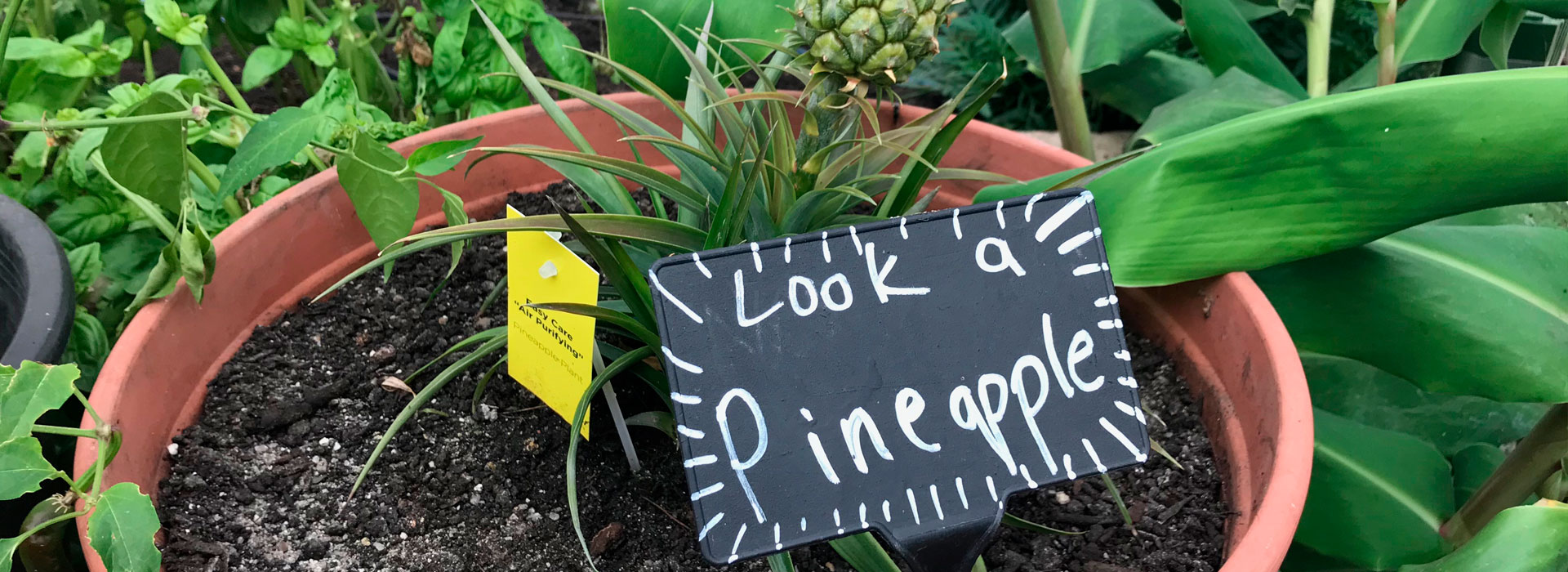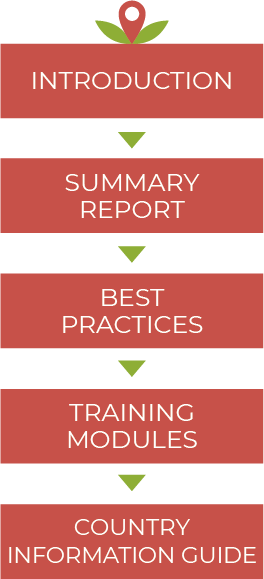After you have read this INTRODUCTION with guidelines for the use of the platform, you will find a detailed overview of the situation of urban gardens, social inclusion and the leadership and guidance of migrants in the SUMMARY REPORT. The report (available in four languages) provides an overview of several individual garden projects in the five participating project countries, which have been analysed in more detail.
In the BEST PRACTICES section a series of initiatives and effective activities in community gardens of five European countries were selected and illustrated in detail in order to offer the users of the learning platform the widest possible range of experiences and successful concepts. You will receive in-depth impressions of actual experiences of managers and users of community and intercultural gardens that are successfully implemented and managed. After the overview of the variety of possible garden projects, there are five thematically different TRAINING MODULES which are plenty of tips and suggestions on how to deal with relevant topics around the operation of community gardens and how to interact with the people involved. In addition to the prepared contents of the modules, there is an opportunity to self-test to see whether the learner has understood the contents or to reflect on how a community garden project can benefit best from the information in the modules.
Finally, COUNTRY INFORMATION GUIDES provide managers of community gardens or related initiatives working with migrants, country-specific information and further links to institutions or organisations that offer expertise and help for inclusion work or provide information for the training and guidance of migrants in social projects.
For all components of the learning platform, information is provided in a comprehensive and user-friendly design. Alternatively, all results of the UGAIN project can be easily downloaded as pdf-file.

 English
English  Deutsch
Deutsch  Español
Español  Svenska
Svenska 
